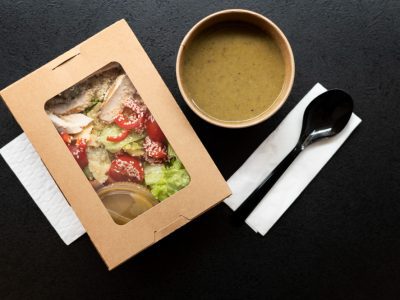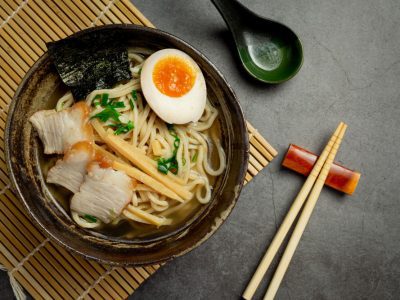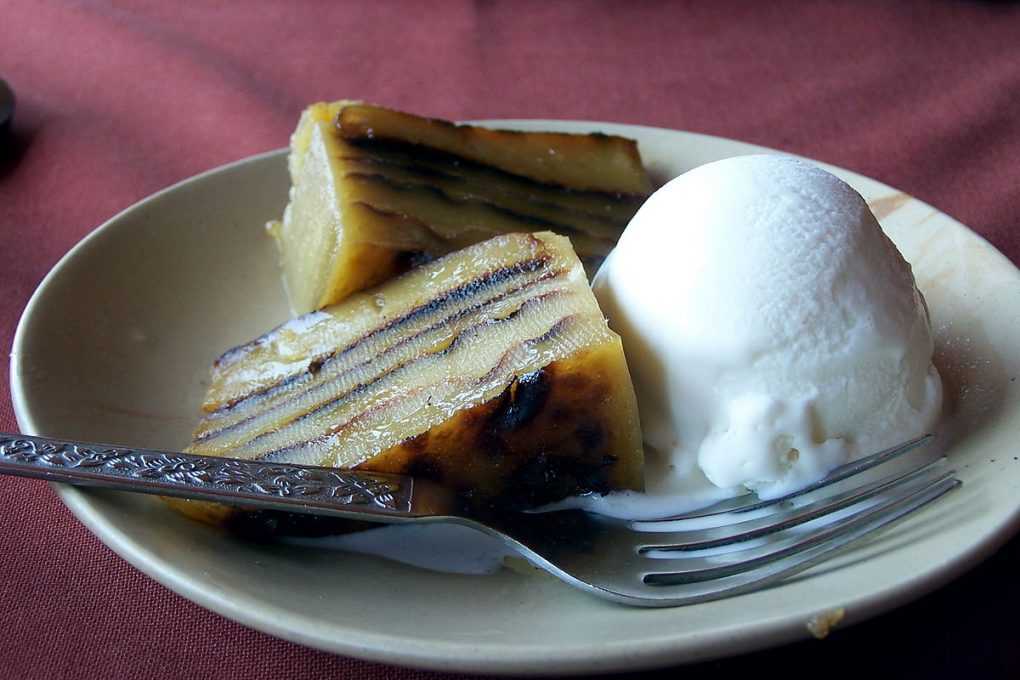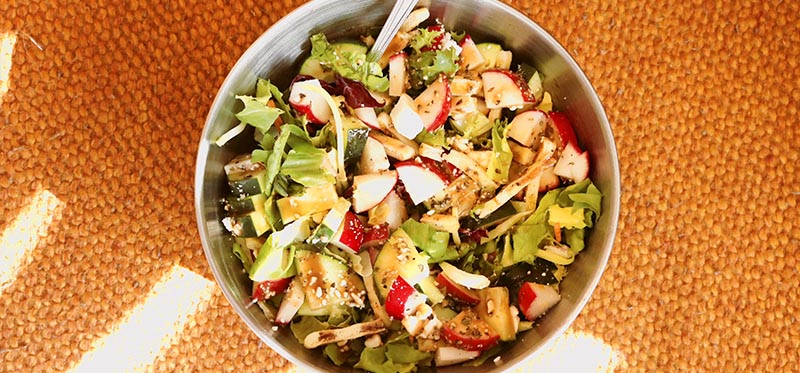Low carb diet is one of the most effective diets. It helps you to lose weight and improve your health. Here are six low-carb foods for your diet:

Broccoli (250g)
Broccoli is a vegetable that belongs to the cruciferous family. It has an earthy taste, while its texture is crunchy and soft at the same time. Broccoli is one of the low-carb foods which are rich in fibre, vitamins and minerals. One cup of broccoli contains about 7 grams of carbs and about 2 grams of fibre for a total fibre content of 9 grams per serving.
Broccoli is high in vitamin C, which helps to prevent scurvy, boost immunity and help us get rid of free radicals that damage our body cells (cancer). Vitamin K plays a very important role as it helps with blood clotting by keeping calcium where it should be – inside your bones rather than clogging up your arteries! Broccoli also contains calcium which strengthens bones and teeth while lowering risk factors such as heart disease or hypertension.
Cauliflower (250g)
Cauliflower is a cruciferous vegetable and a member of the Brassica oleracea species. It’s low in calories, high in vitamin C, and an excellent source of dietary fibre.
Cauliflower contains over 100 phytochemicals with anticancer properties. These include glucosinolates, which break down into compounds that may protect against cancer.
Green peas (250g)
Green peas are a low-carbohydrate food that helps keep your blood sugar levels stable. They are rich in fibre and protein, which help you feel fuller for longer.
Green peas are also good sources of vitamins C and K, as well as other minerals, including magnesium and iron.

Egg whites (2)
Egg whites are low in calories, high in protein and very low in carbs. They contain all of the essential amino acids needed for muscle growth, along with selenium, biotin and vitamin B12. Additionally, egg whites contain choline—a type of nutrient that is important for memory function.
Another benefit of eating egg whites is that they provide you with phosphorus which helps your body use calcium properly and maintain strong bones!
Spinach (500g)
Spinach is a good source of vitamins A, C and K. It is also rich in folate, potassium, magnesium and iron. Spinach is low in calories and high in fibre.
You can eat them raw or cooked, but for maximum health benefits, it’s best to eat them raw as cooking destroys most of their nutrients.
You can add spinach to your salads or use it as a topping on pizzas and sandwiches like you would use lettuce or cucumber.
Soybean (200ml)
Soybean is a good source of protein. It is low in carbs and also a good source of fibre, magnesium, iron and many other nutrients.

Oatmeal (1 cup)
Oatmeal is one of the most popular breakfast foods and can be found in every grocery store. It’s a good source of fibre, magnesium, phosphorus and manganese. Oatmeal also contains protein, selenium and zinc.
Cottage cheese (125g)
Calcium and vitamin D are essential for the maintenance of healthy bones. Cottage cheese is a great source of both, with an average of about 16% calcium and 9% vitamin D per serving. It’s also high in protein, with about 20 grams per 100 grams serving (or 125 grams). If you can tolerate lactose well, this is one food that will be easy to incorporate into your diet. To get maximum health benefits from cottage cheese, consider adding some low-carb vegetables like bell peppers or spinach on top, as well as some spices such as cinnamon and turmeric, which may help boost weight loss efforts too!
Conclusion
We hope this article has helped you in your low-carb foods. If you have any questions, please feel free to send us an email or comment below!

















[…] are often more cost-effective than fresh ones and you can store for longer periods. The canned foods you can also prepare quickly, which is good for busy people who want to cook healthy meals but […]
[…] always, it’s important to consult a healthcare professional before starting any diet plan. They can help you determine if the Diet is right for you, and they can also provide guidance and […]
[…] conclusion, there are several ways to reduce your carb intake. By understanding carbs, choosing low-carb food options, eating fewer carbs for health, avoiding certain foods, and making low-carb meals, you can avoid […]